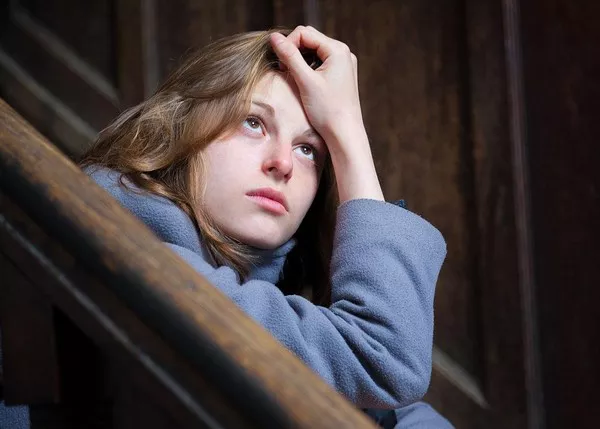It’s rare for a week to pass without hearing complaints about the standard of children’s mental health services in this country. Whether it’s a teacher struggling to support a child in acute distress without access to necessary services or a parent facing months-long waiting lists as their child’s mental state deteriorates, the frustration is palpable. My usual response is one of empathy: “I know, it’s dreadful.”
The recent reports from the South Kerry Child and Adolescent Mental Health Service (CAMHS) and the Families for Reform in CAMHS, alongside the 2023 Mental Health Commission (MHC) Report, highlight these issues starkly. The former chief inspector, Susan Finnerty, noted she “cannot currently provide an assurance to parents in Ireland that their children have access to a safe, effective and evidence-based mental health service.”
I hesitate to overly criticize the staff within these services because, having been one of them for many years, I understand the broader issues at play. The chronic under-resourcing of mental health services is a long-standing problem. I recall interviewing parents while sitting on a two-drawer filing cabinet due to a lack of chairs. From conversations with former colleagues, it seems the situation has not improved and, in some areas, has worsened.
The current mental health chief inspector, Professor Jim Lucey, revealed in his first report that 22 of the 66 in-patient services were below 80% compliant, a significant decline from previous years—nine in 2023 and seven in 2022. Despite the emphasis on the importance of mental health, these findings indicate a troubling trend.
Community CAMHS was excluded from these inspections as Lucey has yet to receive new powers for inspection or regulation of the service. Interestingly, many CAMHS staff would welcome such inspections, hoping they would spotlight the poor conditions and lead to improvements and critical investments.
Jim Lucey, a friend and former colleague, is a dedicated clinician committed to improving mental healthcare in Ireland. He is pragmatic and outspoken about government inaction. In a recent interview with Anton Savage on Newstalk, he was candid about the dire state of mental health services, which receive a mere 6% of the overall health budget. He cited dilapidated buildings, unsafe environments, insufficient therapeutic interventions, and critical understaffing as reasons for non-compliance.
These issues are mirrored in children’s mental health services. For instance, a local CAMHS operates out of an old asylum, an unsuitable environment for children seeking emotional support.
Former colleagues in Irish mental health services and CAMHS seem to be at breaking point. Negative reports on our mental health service have become so frequent that they no longer elicit significant media coverage. It seems the public has resigned itself to accepting inadequate and unsafe mental health care as inevitable, with a typical response of “sure that’s more of it.”
Mental health investment must become a political priority. Mental distress affects every family in Ireland. With loneliness, isolation, and fear prevalent, the need for adequate mental health services is critical. We must design a more holistic and integrated service delivery model that addresses children’s needs early and reduces reliance on pharmacological interventions. However, there will always be individuals who require acute and intensive mental health care, and in-patient settings must be prioritized.
Lucey’s report indicates there are only 66 acute services in the country and even fewer CAMHS teams (45). Improving this relatively small number of services should be achievable. Once safe environments for those with the highest needs are established, primary care services can be addressed.
Positive Developments
Since I began working in Irish mental health services in 1995, there has been a notable cultural shift. The recovery approach, recognition of the “service user voice,” inclusion of lived experiences, and challenges to the patriarchal medical model are positive developments.
Teaching mental health nursing students at SETU Waterford, I see that our understanding of mental health has evolved significantly over the past 30 years. However, despite growing demand, especially among children and young people, the infrastructure and staffing levels have not kept pace, leading to deteriorated morale among teams.
If we want our children to receive the mental health support they need, we must act now. As Lucey stated on Newstalk, “We can continue to wear the green ribbons and encourage conversations, but talk is cheap.”
With a general election approaching, it is crucial that the government takes the mental health needs of our children seriously. Adequate support for children with mental health issues should not be a luxury or limited to certain countries; it is a fundamental human right.
Large-scale investment is essential. Lucey noted, “The Irish mental health services are where cancer services were 20 years ago. We have seen a transformation in cancer care, and we must believe the same is possible for mental health services.”
In a recent interview, Taoiseach Simon Harris expressed a desire to make Ireland the best country in the world for children. Investing in mental health services, which care for our most vulnerable, would be an excellent starting point.
Related Topics:




























